In an increasingly interconnected global society, protecting one’s identity has become a critical aspect of personal and professional security. Private identity management is no longer an option for the wealthy alone but a necessity for anyone concerned about privacy, security, and mobility. With advancements in technology and the rise of digital footprints, maintaining control over your identity has become more complex than ever. This article delves into the importance of private identity management, how it works, and the practical strategies individuals can adopt to ensure their identity is protected.
What is Private Identity Management?
Private identity management refers to the processes, tools, and strategies used by individuals to control, safeguard, and manage their personal identity information. Unlike traditional identity management systems used by governments or corporations to regulate identities for security or administrative purposes, private identity management focuses on the individual’s ability to protect their personal details from unauthorized access or misuse.
Identity management extends beyond just digital presence. It covers personal records, legal identity, digital footprint, and even physical security when traveling or conducting business internationally.
Why is Private Identity Management Important?
With the digitization of almost every aspect of life, individuals are more exposed than ever before. Hackers, cybercriminals, and even governments can access personal data through breaches, social engineering, or legal means. Identity theft has become one of the fastest-growing crimes globally, with millions of individuals falling victim to it every year. According to a report by the Federal Trade Commission (FTC), over 5.7 million identity theft and fraud reports were filed in the U.S. in 2022 alone, underscoring the widespread threat to personal identities.
Enquanto identity theft remains a significant concern, the erosion of privacy, exposure to legal risks, and potential vulnerabilities associated with one’s digital footprint are equally concerning. Individuals with public profiles, high-net-worth individuals, and global citizens are particularly vulnerable to such threats. For them, private identity management is not only about protecting themselves but also about ensuring the safety of their families, assets, and businesses.
 Core Elements of Private Identity Management
Core Elements of Private Identity Management
Private identity management incorporates a range of strategies, tools, and services designed to enhance privacy and security. Below are some of the critical elements involved:
1. Data Encryption and Secure Communication Channels
One of the cornerstones of protecting one’s identity is using encrypted communication methods and secure data storage. Encryption ensures that any communication or personal data transferred online is scrambled and unreadable to unauthorized entities. Tools like virtual private networks (VPNs), encrypted messaging apps, and secure email services allow individuals to communicate without the risk of interception by third parties.
For instance, professionals handling sensitive legal or financial matters often employ VPNs and encrypted email services to ensure their conversations and transactions are kept private and secure.
2. Multiple Jurisdictions for Asset and Identity Protection
Strategically managing personal information across multiple jurisdictions is an advanced form of private identity management. Individuals can leverage legal structures like trusts, offshore companies, and secondary citizenships to shield their assets and personal details from domestic and foreign governments, creditors, or legal disputes.
A prominent example is creating an offshore trust or foundation in a jurisdiction known for its strong privacy laws, such as Switzerland or the Cayman Islands. By managing their wealth and identity through such jurisdictions, individuals can limit exposure to legal challenges, safeguard their assets from seizure, and enhance their overall privacy.
3. Digital Identity Protection
With much of modern life conducted online, protecting one’s digital identity is crucial. Private identity management services often include monitoring digital footprints, ensuring secure online transactions, and mitigating risks associated with social media use. These services often employ cutting-edge tools such as artificial intelligence and machine learning to detect and neutralize threats in real time.
Private identity management services may also include measures to clean up unwanted or damaging online information, such as removing personal details from public databases or social media platforms. This process, known as “online reputation management,” ensures that one’s digital identity is controlled and curated to avoid unnecessary exposure.
4. Dual or Second Citizenship and Diplomatic Appointments
For individuals with global business interests or those living in politically unstable regions, acquiring second citizenship or diplomatic status can provide an added layer of security. A second passport can offer more privacy, access to favorable tax regimes, and greater freedom of movement.
Diplomatic appointments, such as honorary consulships, can further enhance security by offering diplomatic immunity and the ability to represent foreign governments in international relations. William Blackstone Internacional has been instrumental in assisting clients seeking diplomatic appointments and second citizenships, ensuring that they remain protected from undue risks.
5. Private Banking and Asset Protection
Private banking is another essential aspect of private identity management, especially for high-net-worth individuals. Private banks offer confidentiality, personalized wealth management, and asset protection strategies. Wealth can be managed through a complex network of international accounts, trusts, and private equity structures designed to ensure financial privacy and security.
By creating legal structures such as offshore companies, individuals can protect their identity from the prying eyes of creditors, litigants, or even the media. These structures also allow for strategic wealth management that offers significant tax advantages and legal protections.
 Real-World Example: The Panama Papers and Identity Protection
Real-World Example: The Panama Papers and Identity Protection
The Panama Papers leak in 2016 is one of the most infamous cases of compromised private identity management. It exposed the financial and identity details of many high-net-worth individuals and companies that were using offshore entities to manage their wealth. This incident underscored the importance of proper identity management strategies, especially for those using offshore services.
Those who had safeguarded their identities through professional private identity management services were less affected by the leaks than those who had relied on rudimentary or outdated methods. This case illustrates the vital role that well-planned identity protection strategies play in maintaining privacy, security, and anonymity.
Benefits of Private Identity Management
For individuals, particularly those with significant assets or public exposure, private identity management offers several key benefits:
- Protection Against Identity Theft: Comprehensive strategies ensure that personal information is encrypted, hidden, or stored in secure jurisdictions.
- Legal Security: In the event of lawsuits or other legal threats, identity protection ensures that personal information and assets are protected from discovery or seizure.
- Privacidade Reforçada: With private identity management, individuals can lead public lives without exposing their personal information to unnecessary scrutiny.
- Tax and Financial Planning: Strategic identity management can offer significant tax advantages by structuring assets in favorable jurisdictions.
- Freedom of Movement: Dual citizenship or diplomatic appointments offer individuals the freedom to travel and conduct business globally without the constraints of domestic regulations or politics.
Future of Private Identity Management: Digital IDs and Blockchain
As technology continues to evolve, private identity management will adapt to incorporate innovations such as digital IDs and blockchain technology. Blockchain, with its decentralized and secure ledger system, has the potential to revolutionize the way personal identities are managed online. Blockchain can be used to create secure digital identities that are difficult to forge or steal, further protecting individuals from identity theft and fraud.
Countries like Estonia have already implemented digital identity systems for their citizens, enabling them to manage their identities, taxes, and even vote securely online. The future of private identity management lies in adopting such technologies to create a secure and easily manageable digital identity system that provides ultimate privacy and control.
In today’s digital landscape, managing personal information securely is critical, which is where identity and access management IAM becomes essential. A common question asked is identity and access, especially in the context of protecting sensitive data. One powerful tool in this space is Microsoft Entra Privileged Identity Management, a solution that helps ensure only authorized individuals can access specific resources. But what exactly is privileged identity management? It’s a system designed to provide extra security for users with elevated privileges, safeguarding against unauthorized access or misuse of critical data.
Conclusion: Trust the Experts in Private Identity Management
In today’s increasingly digital world, managing and protecting one’s private identity has become an essential part of life. Whether through dual citizenship, legal structures, encrypted communications, or digital identity solutions, taking proactive steps toward identity management can mitigate risks and provide peace of mind.
For those seeking expert assistance in navigating the complexities of private identity management, William Blackstone Internacional has been at the forefront, offering tailored solutions to protect clients’ identities and assets. Their proven track record in assisting individuals with second citizenships, diplomatic appointments, and other advanced identity management strategies has helped many clients achieve their privacy and security goals.
In a world where personal data is increasingly vulnerable, the importance of private identity management cannot be overstated.













